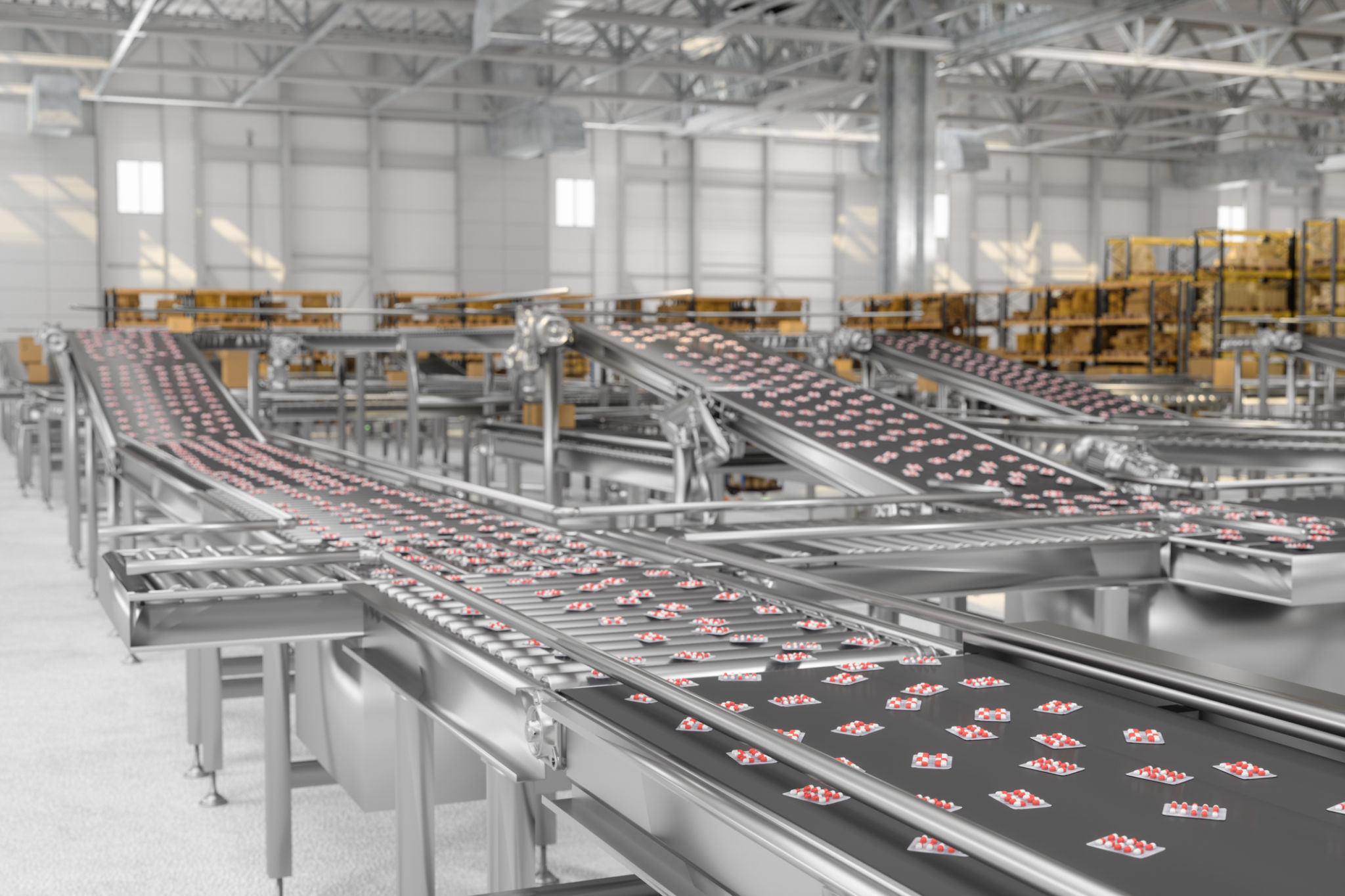How to Optimize Your Manufacturing Process in Newton County, GA
Understanding the Current Manufacturing Landscape
In today's competitive market, optimizing your manufacturing process is crucial to staying ahead. For businesses in Newton County, GA, understanding the local manufacturing landscape can provide a significant advantage. With a diverse range of industries present, from automotive to textiles, it's important to identify the specific challenges and opportunities within your sector.
Conducting a thorough analysis of your current processes is the first step in optimization. Look for bottlenecks, unnecessary steps, or outdated technology that might be hindering your productivity. By identifying these areas, you can begin to formulate a plan for improvement.

Implementing Lean Manufacturing Techniques
Lean manufacturing is a powerful methodology focused on minimizing waste without sacrificing productivity. This approach emphasizes continuous improvement and can be particularly effective in streamlining operations in Newton County's diverse manufacturing sector.
Consider implementing techniques such as the 5S system, which stands for Sort, Set in order, Shine, Standardize, and Sustain. These steps help organize and maintain an efficient workplace. Additionally, utilizing Just-In-Time (JIT) production can reduce inventory costs and improve cash flow.
Leveraging Technology for Efficiency
Technology plays a pivotal role in optimizing manufacturing processes. In Newton County, incorporating modern technology can significantly enhance production efficiency and product quality. Automation and robotics can reduce labor costs and increase precision, while data analytics can provide insights into operational performance.

Investing in IoT (Internet of Things) solutions can also provide real-time monitoring of equipment and processes, allowing for proactive maintenance and reduced downtime. By staying ahead with technology, manufacturers can ensure they remain competitive in a rapidly evolving market.
Enhancing Workforce Skills and Engagement
Your workforce is one of your most valuable assets. Ensuring they have the necessary skills and are engaged in their work is crucial for process optimization. Consider implementing regular training programs to keep your team updated on the latest industry practices and technologies.
Encouraging a culture of continuous improvement where employees are empowered to suggest enhancements can lead to significant gains in efficiency. Recognize and reward innovative ideas that contribute to process improvements.

Collaborating with Local Experts and Resources
Newton County offers a wealth of resources that manufacturers can leverage for optimization. Collaborating with local experts, such as consultants or industry associations, can provide valuable insights and guidance tailored to your specific needs.
- Consider joining local manufacturing networks or chambers of commerce to access shared knowledge and resources.
- Partner with educational institutions to develop customized training programs.
- Engage with government initiatives that support manufacturing innovation.
Monitoring and Measuring Success
Finally, it's important to establish metrics for measuring the success of your optimization efforts. Regularly monitoring these metrics will help you understand the impact of changes and identify areas for further improvement.
Key performance indicators (KPIs) such as production yield, cycle time, and equipment effectiveness should be tracked consistently. By analyzing these metrics, you can make informed decisions that drive continuous improvement in your manufacturing processes.
